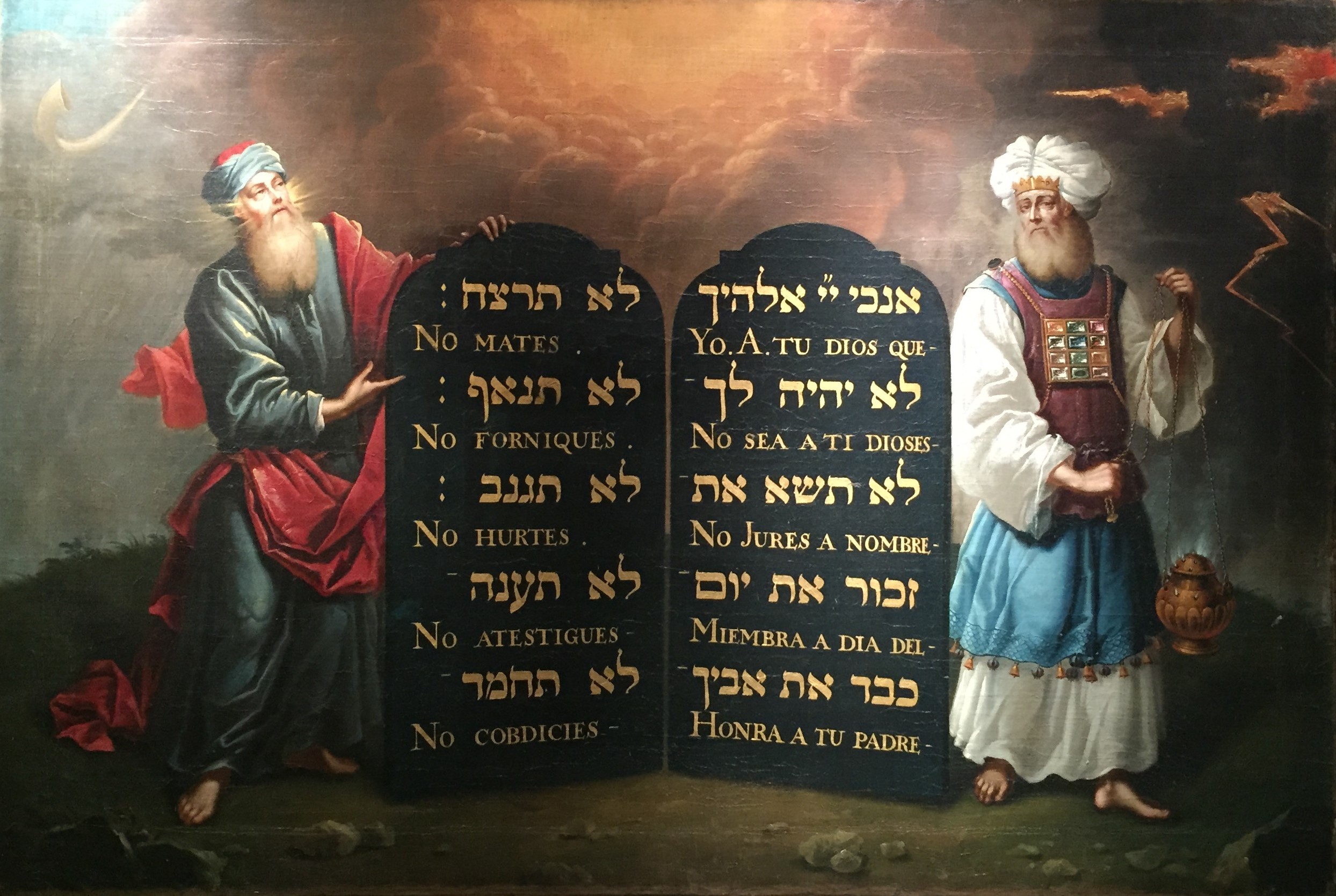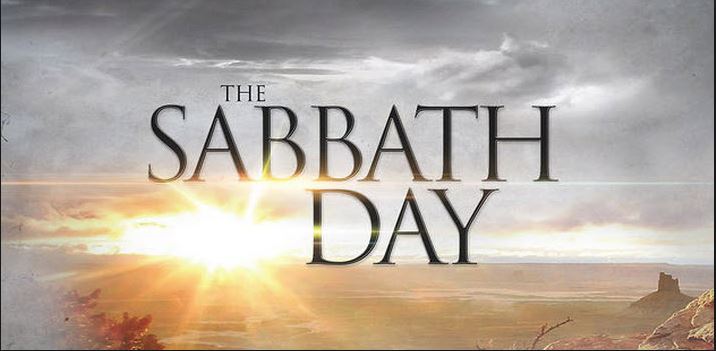The first problem is that Catholic portrayals of the Commandments hide the Second, a problem which I address here.
However, when confronted, Catholics will dodge the implications of the commandment by claiming that their use of images of saints is a matter of devotion, not worship, and, therefore, not a violation of the commandment. For statues of Jesus, they claim to be worshiping Christ Himself, not the statue; the statue is merely an aid.
I have dealt with the issue of saint worship elsewhere (such as here). I want now to address the worship of Jesus by use of images of Him.
In Deuteronomy 12:29-30, Moses gives the Israelites a grave warning: "When the Lord your God cuts off before you the nations whom you go in to dispossess, and you dispossess them and dwell in their land, take care that you be not ensnared to follow them, after they have been destroyed before you, and that you do not inquire about their gods, saying, 'How did these nations serve their gods?—that I also may do the same.'" This was written during the Conquest, as the Israelites were driving out the pagans in the Promised Land, as God had commanded them. We see immediately that He is warning them not to get sucked into the worship of the deities of the pagans, the very perversions for which God had judged the Canaanites. However, that wasn't the end of the warning: "You shall not worship the Lord your God in that way, for every abominable thing that the Lord hates they have done for their gods, for they even burn their sons and their daughters in the fire to their gods" (Deuteronomy 12:31). Not only did Jehovah forbid the Israelites to worship the Canaanite deities, He also forbade them to use pagan forms of worship to worship Him!
This was an error that Israel had already made in their travels in the Wilderness. When Aaron, Moses's brother, had made for them the Golden Calf (Exodus 32:1-6), in imitation of the pagan rituals that they had known in Egypt, they did not call it a new god, as is often mistakenly thought. Rather, they called the image "Jehovah" (verse 5)!
This is the death blow to all of the pretenses of Rome. She claims that there is no harm in using an image of Jesus, an image just like those used by the pagan Romans in earlier Christian history (just as Israel had learned from the Egyptians), because it is an image of Jesus, not of Jupiter. Yet, that is exactly the pretense of the Israelites as they called the Golden Calf "Jehovah"! And it is equally judged by God's words through Moses: "You shall not worship the Lord your God in that way, for every abominable thing that the Lord hates they have done for their gods" (Deuteronomy 12:31).















